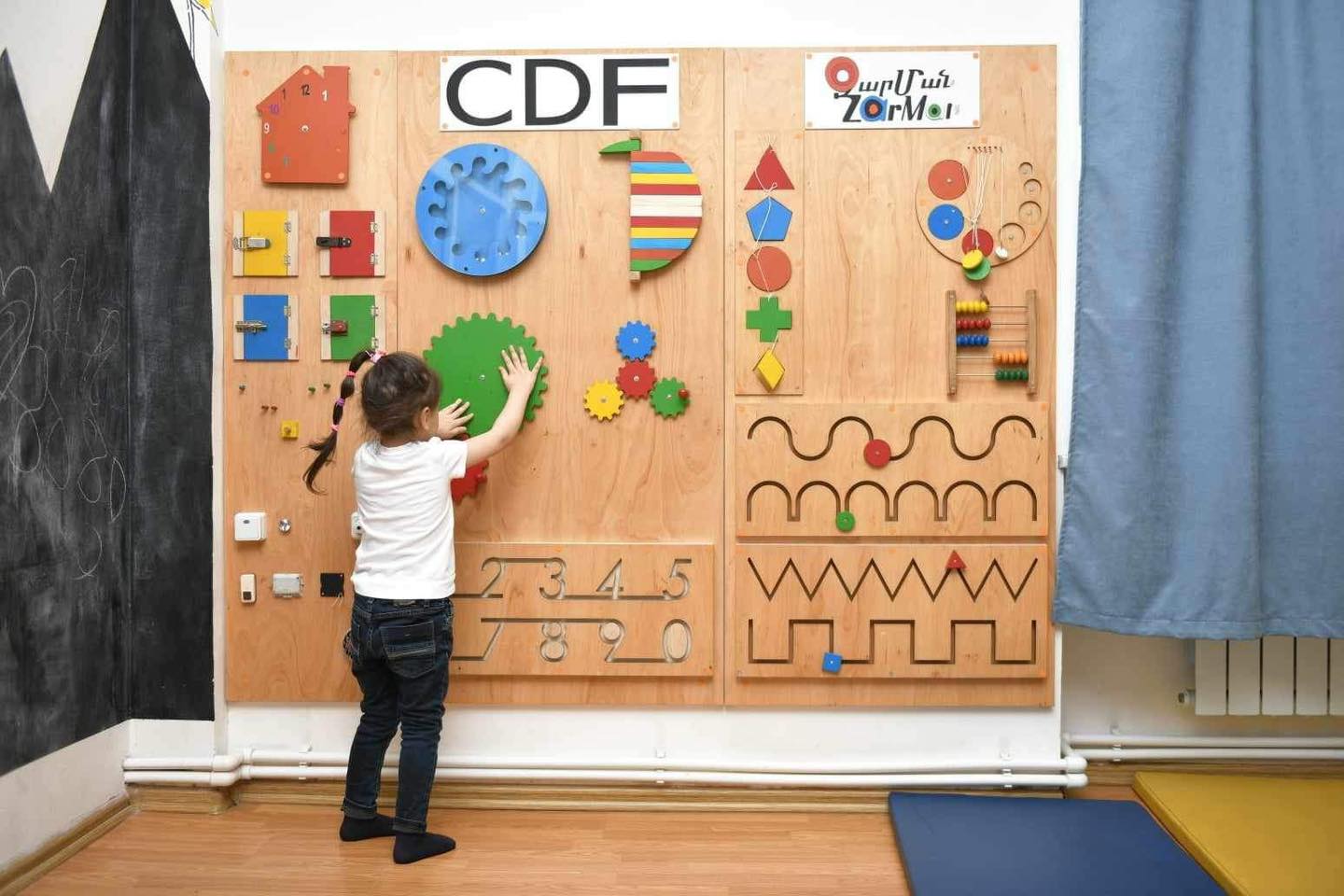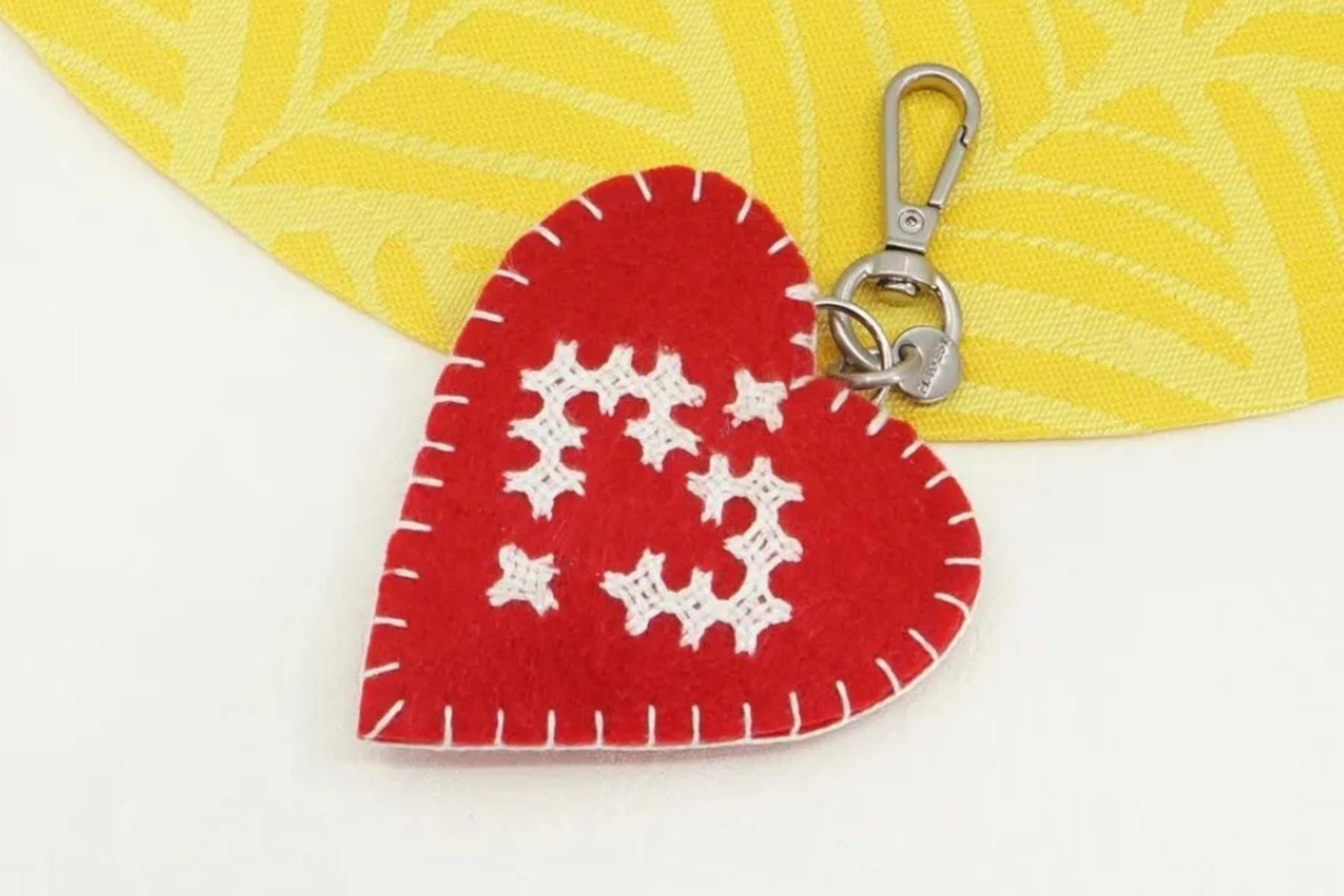Since September this year, Armenia has been facing a humanitarian crisis caused by the forced displacement of around 120.000 people from Artsakh (Nagorno-Karabakh). Many of these people left their homes with little more than the clothes on their back, seeking not only temporary refuge, but often to start a new life and to build a new home.
Our local partner, Impact Hub Yerevan, as well as its impact fund VIA Fund, have adapted quickly to this new reality and have directed a large part of their efforts at specifically supporting the displaced families. And that is necessary. While aid relief is better organised than it was in previous escalations of the conflict, the scale of the issue is significantly larger now than it has been before. Programmes put in place by the local government and by different NGO’s are fairly slow to deliver on their promises, and face significant issues in terms of coordination. As a result, many displaced families are stil lacking basic necessities like heating, housing and clothing.
VIA Fund partners stepping up
For these short to mid term relief efforts, Impact Hub Yerevan and its partners have been coordinating since the crisis first intensified. Impact Hub has been collecting funds that it can use to help provide immediate necessities to the displaced - items like refrigerators, washing machines and heaters, that often fall outside of the scope of other aid organisations. The Impact Hub Syunik Rapid Response Fund is open for donations from the public.

Similarly, the social organisations that comprise the portfolio of the VIA Fund, the impact fund created by Impact Hub in the framework of the Collaborate For Impact project, have been contributing in different ways.The Caritas Aregak Foundation uses its industrial kitchen and bakery to provide three meals each day for up to 150 displaced persons, who are currently residing in temporary housing. Their video on this effort is worth watching. They also provide psychosocial support, with a focus on people with disabilities. The foundation has opted to prioritise children and youth from Artsakh for their therapy sessions. They are also looking to recruit one displaced individual at their bakery with VIA Fund support.
Similar efforts can be observed at HDIF Armenia, who are producing and providing winter clothing to the displaced, who are facing a cold winter in the months to come. They have crowdfunded an impressive 18.000 dollars so far, allowing them to produce over 1.000 handcrafted beanie and scarf sets. They plan to make insulated vests, too. You can follow the progress of this initiative on the HDIF social media channels:
In true social entrepreneur fashion, these efforts are not only helping the displaced, but are also actively engaging them. VIA Fund organisations employ members of the affected community, but also of their own local community, to provide these relief efforts. When it is needed the most, these social enterprises step up to the plate.
Adopting a long term view
Taking a step back, the current humanitarian crisis in Armeni"a introduces a ‘difficult and strange situation’, says Gevorg Poghosyan, CEO of Impact Hub Yerevan. He paints a picture of an Armenia that has changed a lot of the last decade. The country is still very much developing, trying to establish and maintain connections with the Western world and with larger international markets. ‘For Impact Hub, an organisation that is part of the impact investing space, this means working towards targets like sustainability, green investing, circular principles, social inclusion, and so on. Targets that are understood and shared by western colleagues’.
When a crisis like the one in Artsakh comes around, though, these goals are supplemented by urgent short term local needs. ‘Impact Hub is in the unique position of being a community based organisation that has the power to fundraise for causes that are not strictly business-related’, says Poghosyan. This is what inspired their setting up of the Impact Hub Syunik Rapid Response Fund and its different efforts on the ground.
At the same time, though, Impact Hub aims to stay true to its larger principles of social innovation. An essential ingredient here is to provide non-financial support. ‘Take our VIA Fund, which targets social organisations and entrepreneurs who want to build or scale their impactful businesses,’ says Poghosyan. ‘This is a fairly limited group of people. That is why we decided to expand our scope to include small general businesses that have been displaced because of the conflict, and that risk going out of business. There is simply no other fund that is working with these businesses at this point’.
The philosophy here is one that looks at the longer term - the future, if you will. ‘Our goal is to make the displaced competitive in their new setting,’ explains Poghosyan. ‘Not only are they displaced, but they have often been cut off from vital knowledge that has made its way to Armenia, but not to Artsakh. By providing mentoring and teaching them new skills, especially digital skills, we can help not only alleviate their situation, but also to effectively integrate them into Armenian society.’
To achieve this, Impact Hub will be working on setting up fundraising processes and an incubation programme for startups launched by the displaced. ‘Many projects eventually fail because of a lack of non-financial support’, concludes Poghosyan. ‘We really focus on that, to bring them to the next level’.
Impact Hub Yerevan is one of EVPA’s local partners in the Collaborate For Impact-project, an EU-funded project which was established in 2020 and aims to help promote, build and sustain the impact investing space in Georgia, Moldova, Ukraine, Armenia and Azerbaijan.
The Marash embroidery featured as main image of this story is made by a refugee that made her way to Armenia from Syria during an earlier migration wave. You can learn more about Made51, the project that supports women in this situation, here.


